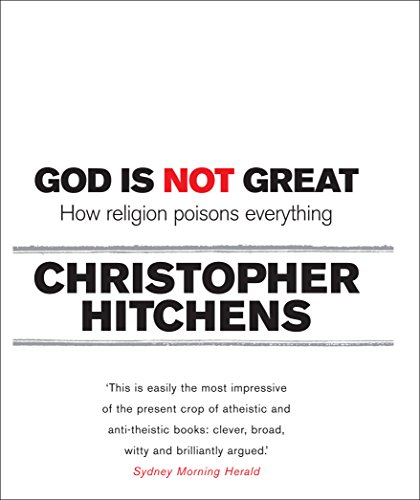


And through it all he is productive to an extent that seems like cheating: 23 books, pamphlets, collections and collaborations so far a long and often heavily researched column every month in Vanity Fair frequent fusillades in Slate and elsewhere and speeches, debates and other public spectacles whenever offered.Ĭonsistency is foolish, as the man said. He is a principled dissolute, with the courage of his dissolution: he enjoys smoking and drinking, and not just the reputation for smoking and drinking - although he enjoys that too. He is self-styled, to be sure, but no more so than many others in Washington - or even in New York or London - who are not nearly as good at it. But he isn’t, as the very existence of his many enemies tends to prove. His enemies would like to believe he is a fraud. Hitchens was right to choose Washington over New York and London. His conversation sparkles, not quite effortlessly, and if he is a bit too quick to resort to French in search of le mot juste, his jewels of erudition, though flashy, are real. He charms Washington hostesses but will set off a stink bomb in the salon if the opportunity arises.

(Others might throw in the flower-clutching Bunthorne from Gilbert and Sullivan’s “Patience,” but that is probably not an intentional influence.) Hitchens is the bohemian and the swell, the dashing foreign correspondent, the painstaking literary critic and the intellectual engagé. Wodehouse, Evelyn Waugh and Graham Greene the leftist politics of the 1960s (British variant) and - of course - the person of George Orwell. This character draws on such familiar sources as the novels of P. But this impressive and enjoyable attack on everything so many people hold dear is not the book we were expecting.įirst in London 30 or more years ago, then in New York and for the last couple of decades in Washington, Hitchens has established himself as a character. Observers of the Christopher Hitchens phenomenon have been expecting a book about religion from him around now.


 0 kommentar(er)
0 kommentar(er)
